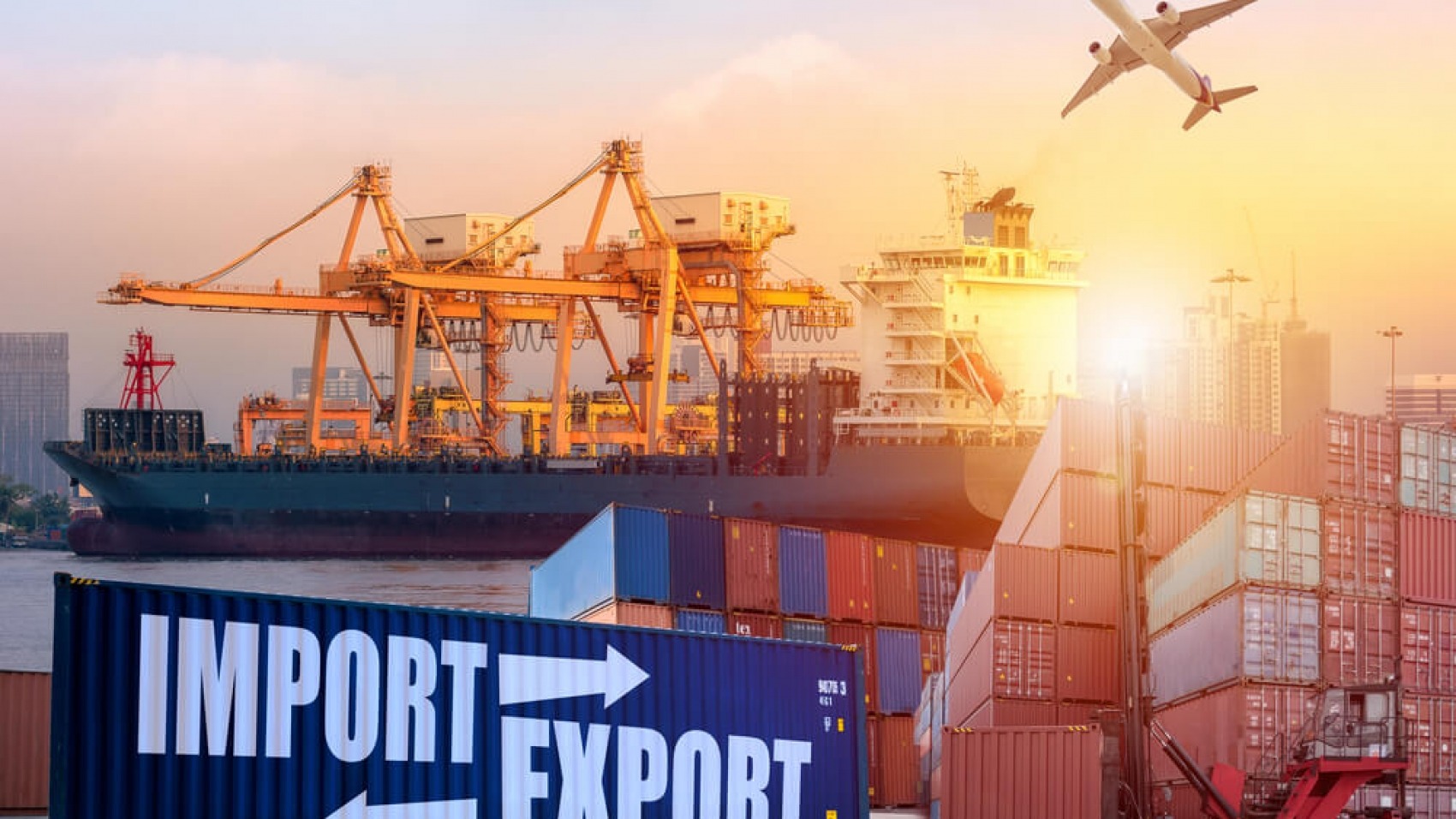Expanding a business into international trade requires legal authorization.
In Cameroon, individuals and companies engaging in import and export activities must obtain an import-export license.
This document ensures compliance with national and international trade regulations while facilitating smoother transactions across borders.
This article outlines the process, requirements, costs, and benefits of obtaining an import-export license in Cameroon.
Why an Import-Export License is Necessary
An import-export license is a legal requirement for businesses involved in cross-border trade.
This license:
Ensures compliance with Cameroonian trade regulations.Reduces the risk of shipment delays, fines, or legal issues.Facilitates easier customs clearance and access to trade benefits.Allows businesses to operate legally in international markets.Without a valid license, businesses risk facing penalties or having their shipments seized at the border.
Requirements for Obtaining an Import-Export License in Cameroon
To apply for an import-export license, businesses must meet specific legal and administrative conditions.
These include:
1. Business Registration
Applicants must first register their business with the Trade and Personal Property Credit Register (RCCM). This provides the business with a legal status recognized by the government.
2. Taxpayer Identification Number (TIN)
Businesses must obtain a Taxpayer Identification Number (TIN) from the tax authorities. This number is required for tax compliance and customs clearance.
3. Proof of Business Location
The business must have a registered physical address in Cameroon, which may be subject to verification by government authorities.
4. Compliance with Trade Regulations
Applicants must ensure their business activities comply with Cameroon’s trade laws, including restrictions on certain goods.

Process to Obtain an Import-Export License
Step 1: Gather Required Documents
Applicants must prepare the following documents:
- A formal application letter addressed to the Minister of Trade.
- A copy of the business registration certificate (RCCM).
- A copy of the Taxpayer Identification Number (TIN).
- A business location plan.
- A copy of the business owner’s national identity card or passport.
- Any additional documents requested by the Ministry of Trade.
Having all necessary documents ready will help streamline the process and reduce delays.
Step 2: Submit the Application
The complete application file must be submitted to the Ministry of Trade or its regional offices.
Some services may be available online, depending on government policies.
Step 3: Application Review and Processing
Government officials will review the application to verify compliance with all regulations.
If the documents are in order, the application will be approved.
Step 4: Payment of License Fees
Once the application is approved, applicants must pay the required fees at an authorized bank or government treasury.
The cost varies based on the nature of goods and the size of the business.
Step 5: Issuance of the Import-Export License
After completing the payment, the import-export license is issued.
This document is valid for a specific period, usually one year, and must be renewed upon expiration.
Cost of Obtaining an Import-Export License
The cost of obtaining an import-export license in Cameroon depends on various factors, including:
The size and type of business.The nature of goods being imported or exported.Government processing fees.Fees typically range from 100,000 FCFA to 500,000 FCFA, with additional costs for renewal or modification.
Processing Time for an Import-Export License
The time required to obtain an import-export license varies depending on:
The accuracy of the submitted documents.The government’s workload at the time of application.The type of goods being traded (some may require additional permits).On average, the process takes two to six weeks. Applicants should follow up regularly to avoid unnecessary delays.
Renewal and Cancellation of an Import-Export License
Renewal Process
Import-export licenses must be renewed annually. Businesses must:
Submit a renewal application before the expiration date.Provide updated business registration and tax documents.Pay the renewal fee.Failure to renew on time may result in penalties or suspension of trading activities.
License Cancellation
The government may cancel or suspend a license if:
The business fails to comply with trade laws.The business engages in illegal trade activities.The license is not renewed on time.To maintain compliance, businesses should follow all regulatory requirements and ensure timely renewal.
Common Challenges and How to Overcome Them
1. Delayed Processing
Application processing may take longer than expected due to bureaucratic delays.
Businesses can reduce wait times by ensuring all documents are accurate and complete before submission.
2. High Costs
The financial requirements for obtaining and renewing an import-export license can be challenging for small businesses.
Planning ahead for these expenses can help businesses manage costs effectively.
3. Lack of Knowledge on Trade Regulations
Many entrepreneurs are unaware of the specific legal requirements for international trade.
Seeking professional consultation from trade experts or legal advisors can help businesses remain compliant.
Benefits of Having an Import-Export License
Obtaining an import-export license offers several business advantages, including:
✔ Legal Protection – Businesses can operate without fear of fines or legal action.
✔ International Market Access – Companies can trade freely across borders.
✔ Efficient Customs Clearance – Licensed businesses face fewer shipment delays.
✔ Business Growth Opportunities – Expansion into global markets becomes possible.
With the right preparation, businesses can successfully navigate the licensing process and take advantage of the opportunities in international trade.




